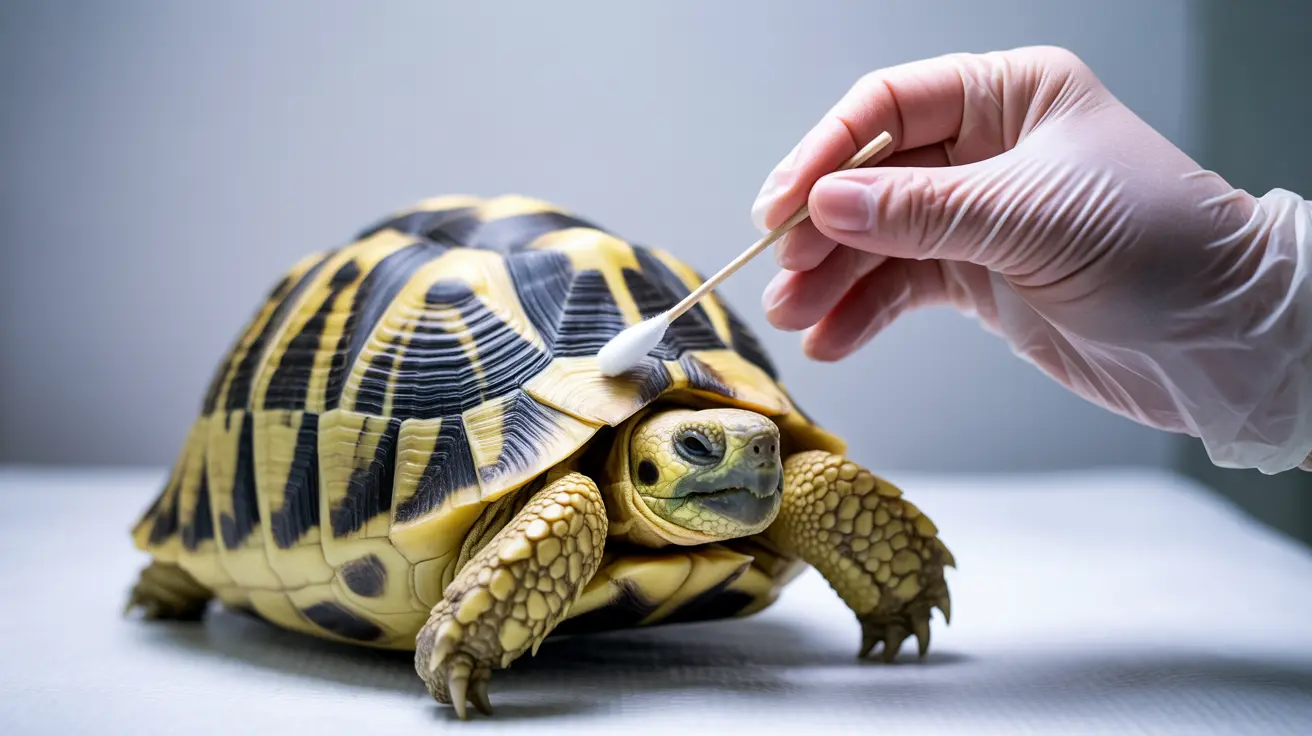Veterinary pharmacology plays a crucial role in maintaining the health and well-being of animals across the spectrum, from household pets to exotic wildlife. These specialized professionals work tirelessly to ensure safe and effective medication protocols for creatures of all sizes, from tiny mice to massive beluga whales.
The field combines advanced scientific analysis with practical veterinary care, helping veterinarians develop precise treatment plans for diverse animal species. These animal drug detectives use sophisticated techniques to determine appropriate dosing, monitor drug effects, and investigate potential toxicity cases.
The Science Behind Animal Medication
Understanding how different species process medications requires extensive knowledge of animal physiology and biochemistry. Veterinary pharmacologists must consider various factors such as body mass, metabolism rates, and species-specific reactions when developing treatment protocols.
Customized Solutions for Unique Cases
When standard medications aren't suitable, veterinary professionals turn to compounded pet medications. These customized formulations ensure that animals receive the exact dosage and form of medication they need, improving treatment outcomes and making administration easier for pet owners.
Wildlife Forensic Investigation and Conservation
The role of veterinary pharmacologists extends beyond domestic animals to wildlife conservation. These specialists contribute to anti-poaching efforts and wildlife protection through:
- Analysis of biological samples from wild animals
- Monitoring drug effects in conservation programs
- Supporting wildlife crime investigations
- Developing species-specific treatment protocols
Veterinary Toxicology: Protecting Animal Health
Toxicology experts play a vital role in identifying and treating poisoning cases in both domestic and wild animals. Their work involves:
Detection and Analysis
- Using advanced laboratory techniques
- Analyzing environmental samples
- Identifying unknown toxins
- Developing treatment protocols
Prevention and Education
- Advising pet owners about common toxins
- Supporting emergency veterinary care
- Documenting cases for future reference
- Developing safety guidelines
Professional Training and Expertise
Becoming an expert in veterinary forensic science requires specialized education and practical experience. Professionals in this field must:
- Complete advanced veterinary training
- Study specific aspects of animal pharmacology
- Maintain current knowledge of emerging techniques
- Collaborate with other veterinary specialists
Frequently Asked Questions
How do veterinary pharmacologists determine the correct medication dose for different animal species?
Veterinary pharmacologists analyze species-specific factors such as metabolism, body mass, and physiology to develop safe and effective dosing regimens tailored to each animal, from small pets to large exotic species.
What role does forensic veterinary science play in investigating animal abuse and wildlife crimes?
Forensic veterinary scientists collect and analyze evidence from animals and their environments to identify cases of abuse, poaching, and illegal wildlife trade, supporting law enforcement and legal proceedings.
Why are compounded medications sometimes necessary for pets instead of standard FDA-approved drugs?
Compounded medications are customized formulations made to meet specific needs of animals when approved drugs are not available in the required form or dosage, improving medication compliance and treatment effectiveness.
The field of veterinary pharmacology continues to evolve, providing essential support to veterinarians and animal care professionals worldwide. Through their expertise and dedication, these specialists help ensure optimal health outcomes for all creatures, from beloved household pets to endangered wildlife species.






